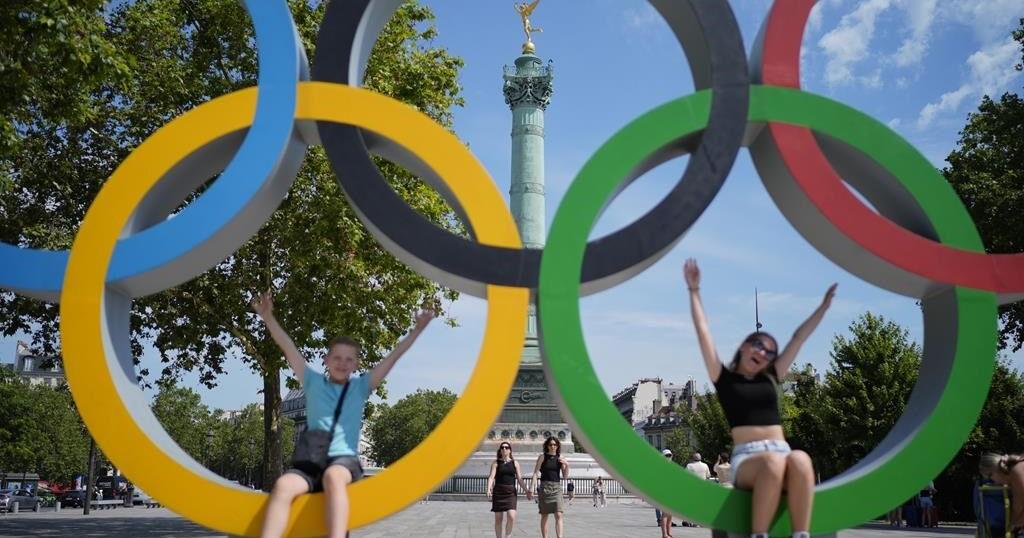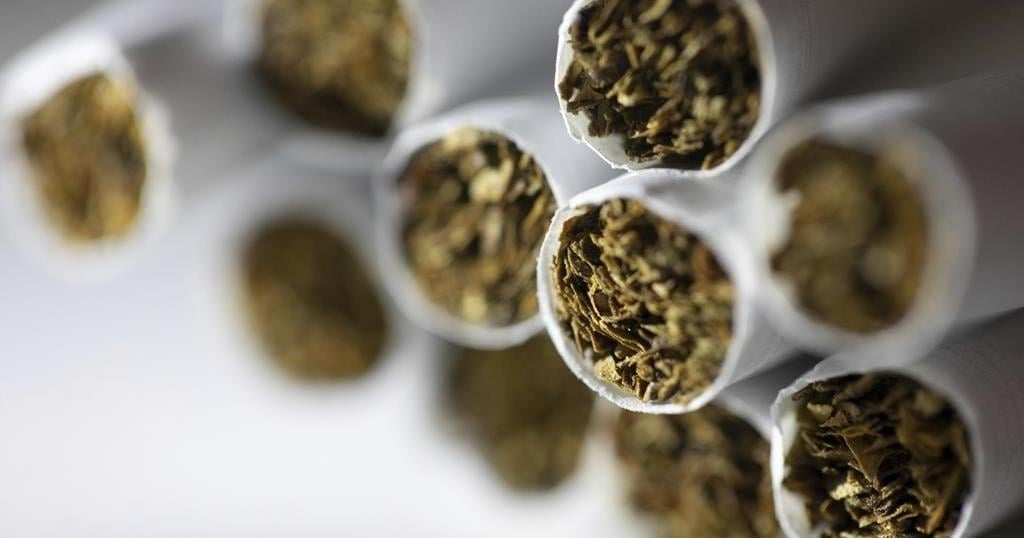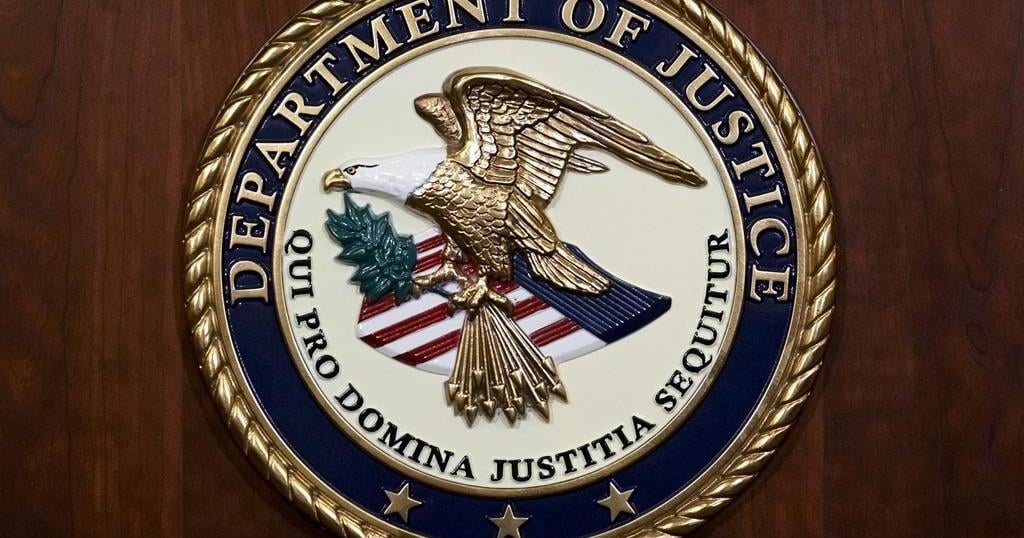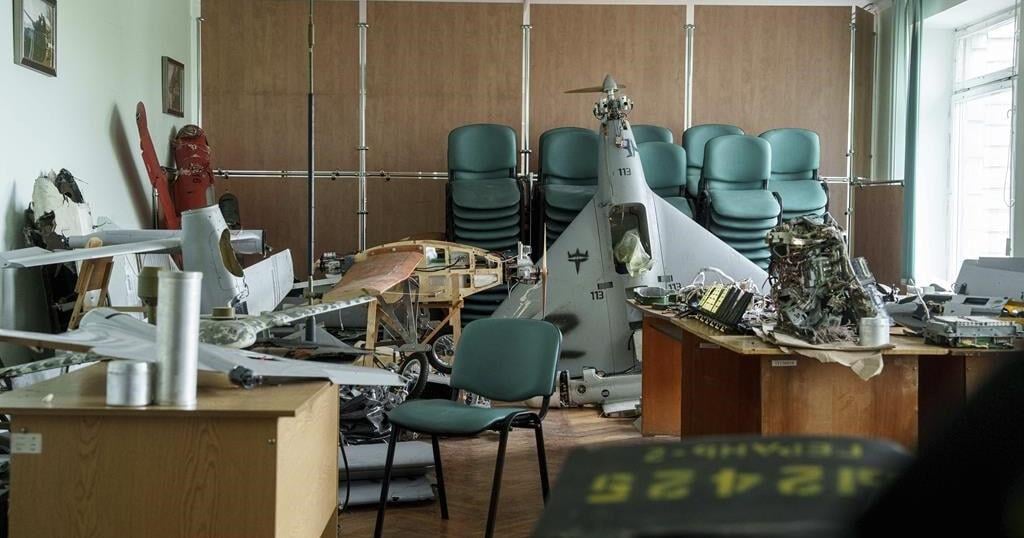A complex issue evokes complex feelings among Canada’s Olympic and Paralympic athletes bound for Paris.
The International Olympic and Paralympic committees allowing some Russian and Belarusian athletes entry into the 2024 Summer Games is a thorny topic.
The curtain had barely come down on the 2022 Winter Olympic Games in Beijing when Russia invaded Ukraine with Belarusian support.
The IOC will allow several athletes holding Russian and Belarusian passports who can prove they don’t support the invasion to compete as an “Individual Neutral Athlete” or AIN in the Olympic Games. In the Paralympic Games, they will compete as a Neutral Paralympic Athlete (NPA).
As of Sunday, 15 athletes with a Russian passport and 17 Belarusians were both cleared and accepted invitations to compete in Paris under the AIN banner, according to the IOC website. Another 28 athletes declined invitations.
No athletes from those countries can participate in team sports. No flag, anthem or colours symbolizing Russia or Belarus will be allowed, and no Russian or Belarusian government or state officials were invited to Paris.
The Olympic Games officially start with Friday’s opening ceremonies, although some preliminary competition gets underway Wednesday. The Paralympic Games open Aug. 28 and close Sept. 8.
Multiple international sports federations, but not all, banned Russians and Belarusians outright after the invasion, so it’s out-of-sight, out-of-mind for some Canadian athletes who became accustomed to their absence.
“I’m more curious about what the environment will be like at the athletes’ village knowing that a Ukrainian athlete has to live with a Russian athlete. Will it create tension or awkwardness?” asked Olympic weightlifting champion Maude Charron.
Russia hasn’t been recognized as a country at the Olympic Games since 2016 because of evidence of state-sponsored doping at the 2014 Winter Olympics in Sochi, Russia.
And it’s doping that still rankles race walker Evan Dunfee.
“They haven’t cleaned up their house. They haven’t admitted that what they did was wrong,” he said. “There’s still systematic problems on the doping side of things. I view it through that lens a little bit still partly because that’s a world I know way better.”
Women’s rowing eights cox Kristen Kit has opinions on both the doping and military front.
“I am on the World Anti-Doping athlete council so I have been a part of some meetings on this topic,” she said. “As a person of Ukrainian descent, my dad is a first-generation Canadian, I do feel strongly that Russian athletes and Belarusian athletes who have ties to the military, whether they’re paid by the military, or they have appeared in any type of advertisement or promotion of the military, they should not be allowed to compete.
“I understand that it’s very hard to do due diligence on everyone competing, I actually do feel it’s very important, because there is proof. There is evidence of the Russian government using athletes to validate their operations in Ukraine.
“From an anti-doping perspective, we have advocated and we have looked for every opportunity to make sure that Russian and Belarus athletes are participating in the clean sport movement. The IOC is working very hard to make sure there’s pretesting. We can always do more. The WADA athlete council is also always advocating for more, but we are choosing to trust the process.”
Russians won’t compete under the Russian Olympic Committee (ROC) moniker as they did in Tokyo and Beijing. The IOC booted the ROC in October for absorbing sports organizations in Ukraine.
Montreal lawyer Dick Pound’s 44-year tenure as an IOC member encompassed the exclusion of South Africa from the Olympic Games because of apartheid, and countries boycotting both the 1980 and 1984 Summer Games.
Now an honorary IOC member, Pound has broad experience in the clash of sporting ideals and geopolitics.
“You have this collision between one philosophy, which is the Olympics welcome everybody and you’re not tarred with anything because your passport comes from a particular country. That runs head-on into the political reality, which is politicians don’t care, they just want a blanket sanction against any Russian or Belarusian,” Pound said.
“It’s messy, but you’re trying to get through some kind of message that we really do welcome people who are not involved in the war or the conflict.”
There will be fewer AIN athletes in Paris than the 335 ROC athletes in Tokyo and 215 in Beijing, but their presence in Paris remains a hot-button topic in the sporting world.
“I’m very much in support of Ukraine and Ukrainian athletes,” said Canadian distance runner Charles Philibert-Thiboutot. “To me, being a Ukrainian athlete and having to line up beside a Russian athlete I would probably be devastated. However, I do think that putting conditions on athlete participation based on army enrolment or political engagement or political views is really something that is tricky.
“I’m all for the Ukrainian athletes, but how do we handle this is a very difficult question.”
Russia’s invasion occurred eight days out from the 2022 Paralympic Games opening ceremonies. The IPC banned Russians and Belarusians from Beijing citing athlete safety in the village, and the concern that athletes and coaches would refuse to compete against athletes from those countries.
The IPC has since aligned with the IOC in allowing vetted athletes to compete under sanctions.
Boccia athlete Alison Levine was not happy when she heard January’s announcement that ROC would not be stripped of its result from the 2022 Olympic figure skating team event despite the disqualification of a team member for doping, and that Canada would remain fourth.
“It’s a punch to the gut of athletes like myself that believe in fair, true sport, to have them still representing their country, but not representing their country, and everyone knows it,” Levine said.
Given other conflicts in the world, there’s plenty of “whataboutism” when it comes to athlete participation in multi-sport Games, including Israel-Hamas warfare that started in October.
The decision to compete in a World Cup in Cairo in November 2023 so soon after that violence began and so geographically close to it was not an easy one for the Canadian women’s sitting volleyball team. Canada did travel there and won.
“That was a big decision whether to go or not with respect to the Israel-Palestine war,” said team member Heidi Peters. “That was a big thing, safety concerns, general perception of it, everybody having a different perception and different comfort level, travelling to said destination and managing everybody’s feelings around that.
“Even around COVID, even within our teams, we have different opinions on vaccines and different things can get really political. That’s a really hard thing to navigate. We’ve had a lot of really hard conversations on our team and have people who have different beliefs on different things. We are able to work through it and genuinely see each other’s perspectives.”
This report by The Canadian Press was first published July 21, 2024.

























